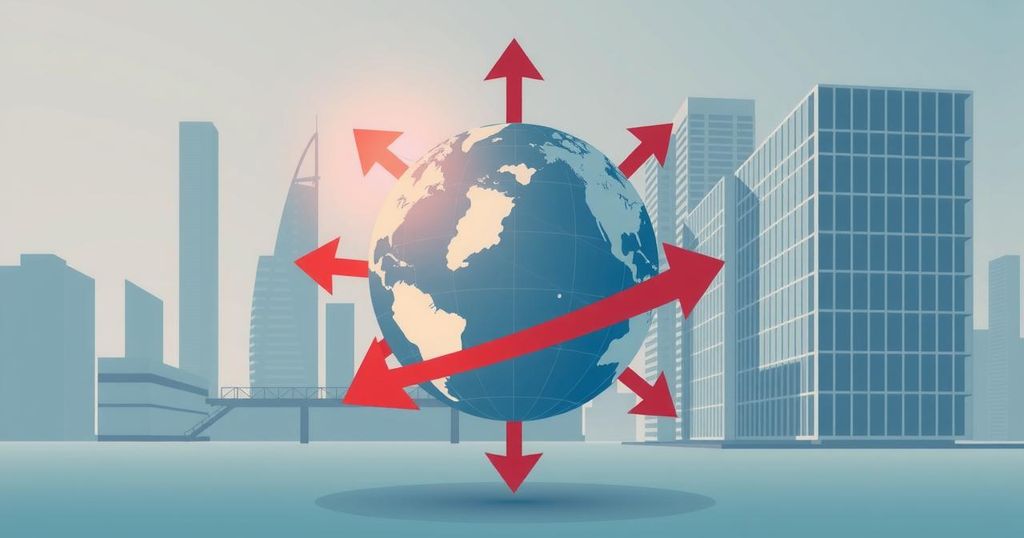Strengthening India-EU Ties Amidst Geopolitical Shifts
Ursula von der Leyen and Narendra Modi have announced plans to improve trade and defense ties between the EU and India. They intend to finalize a free trade agreement by year-end and establish a defense partnership, reflecting European efforts to enhance strategic autonomy amidst changing global dynamics. This development marks a significant shift, as the EU seeks to build alliances with multiple countries, including India, amid geopolitical uncertainties.
European Commission President Ursula von der Leyen and Indian Prime Minister Narendra Modi recently announced significant agreements aimed at strengthening economic and defense ties between India and the European Union (EU). They pledged to finalize a free trade agreement by year-end and outlined plans for a defense and security partnership, drawing parallels to similar agreements with Japan and South Korea.
This renewed cooperation starkly contrasts with the previous sentiments following Russia’s invasion of Ukraine, where India was criticized for its cautious stance on the matter. Now, European officials recognize the necessity of engaging India as part of their strategy for achieving greater strategic autonomy, acknowledging that no alternative can fully replace the U.S. as a security ally or China as an economic partner.
Europe’s leaders are increasingly aware of their need for diverse partnerships, extending their efforts to build alliances with Japan, South America, India, and Gulf states. While India may not be the most advanced economy globally, it possesses an industrial base that can support Europe’s ambition to rearm, particularly amid increasing defense budgets.
Indian manufacturers, such as Bharat Forge Ltd., have demonstrated an ability to rapidly scale production, critical for defense needs. The growing appetite for defense collaboration was echoed by Von der Leyen, who noted India’s interest in participating in EU defense industrial projects, potentially benefiting both regions as India works to enhance its production capabilities.
Despite Europe’s need for allies, it remains cautious regarding India’s capacity to replace China in supply chains, as India’s trade share lags at approximately 2%, compared to China’s over 15%. The EU must foster a rules-based international order to maintain its prosperity, even as discussions point toward a shift away from multilateralism, as evidenced by recent comments from India’s Finance Minister.
In summary, Europe’s efforts to enhance relationships with nations like India arise from a need for support amidst geopolitical uncertainties. The EU’s pursuit of friendship might indicate a sense of urgency, reflecting the reality that stronger alliances are necessary for addressing future challenges effectively. As observed in high-level meetings, it is essential for Europe to establish and consolidate such partnerships promptly to avert isolation.
In conclusion, the evolving relationship between India and the EU underscores Europe’s strategic aim to cultivate diverse partnerships in response to shifting global dynamics. The commitment to finalize a free trade agreement and establish a defense partnership with India illustrates a critical step towards bolstering economic and security cooperation. As Europe navigates its geopolitical landscape, fostering these relationships will be vital for enhancing its global standing and addressing upcoming challenges.
Original Source: m.economictimes.com




Post Comment